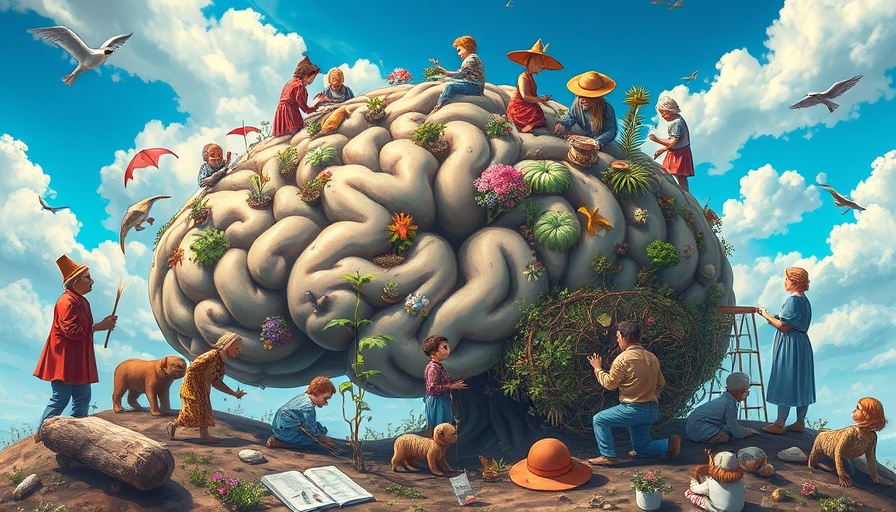
Unpacking the Characters of Paradise Lost
In John Milton's epic poem Paradise Lost, readers are drawn into the complex interplay between good and evil through its rich narrative. While many have debated whether Satan or God represents the true hero, these characters serve a broader purpose in conveying profound spiritual truths. This journey invites reflection on timeless themes like temptation, redemption, and the nature of free will, all of which can resonate deeply within Christian faith-centered families.
The Moral Complexity of Heroes
At first glance, Satan's role appears charismatic, leading some to consider him a tragic hero. Alan Jacobs, the author of a recent biography on Milton, emphasizes the depth of Milton's portrayal of Satan, who embodies rebellion against divine authority. For families exploring this text together, discussing the moral complexities could provide a wonderful opportunity to delve into the nature of sin and the consequences that follow. Understanding both the allure and the ultimate downfall of characters like Satan helps ground family discussions in biblical teachings about disobedience and grace.
God's Sovereignty: The True Hero?
While Satan may captivate our attention with his bold defiance, Milton's depiction of God offers a contrasting yet equally captivating theme of sovereignty and love. God’s unwavering commitment to His creation culminates in His efforts to restore humanity after the Fall. Families can explore these themes together, fostering conversations that reinforce the idea of God’s redemptive power and the importance of obedience and faithfulness in their own lives.
Engaging with Adam and Eve’s Choices
Another critical layer of Paradise Lost involves Adam and Eve, whose choices lead to profound consequences. Their story becomes a valuable history lesson about trust, temptation, and the importance of making God-honoring decisions. For parents, sharing insights from the text can help children understand the significance of their actions and the freedom and responsibility that come with it.
Spiritual Insights for Modern Families
As families read Milton's work, it’s helpful to draw parallels to contemporary life. For example, discussions surrounding the struggles with temptation and moral choices can lead to valuable teachings on forgiveness. Just as Adam and Eve face the repercussions of their actions, families today also encounter a world filled with choices that can lead them away from their faith. This connection highlights the ongoing relevance of Paradise Lost in guiding discussions rooted in biblical principles.
Parental Guidance: Encouraging Healthy Conversations
To maximize the impact of these discussions, parents can foster an open environment where children feel safe to express their thoughts and questions about the poem. This approach aligns well with spiritual curiosity and helps deepen family bonds. Taking time to reflect on characters’ motivations can unlock deeper understanding and create a space for personal spiritual growth.
A Lasting Legacy
Ultimately, Paradise Lost serves as more than just an epic poem; it opens a door to conversations about faith, choices, and the nature of good and evil. Embracing the complexity of these characters allows families to explore their own beliefs and the way they relate to the world around them, reminding them of the continuous journey of faith aligned with God’s grace.
 Add Row
Add Row  Add
Add 








Write A Comment